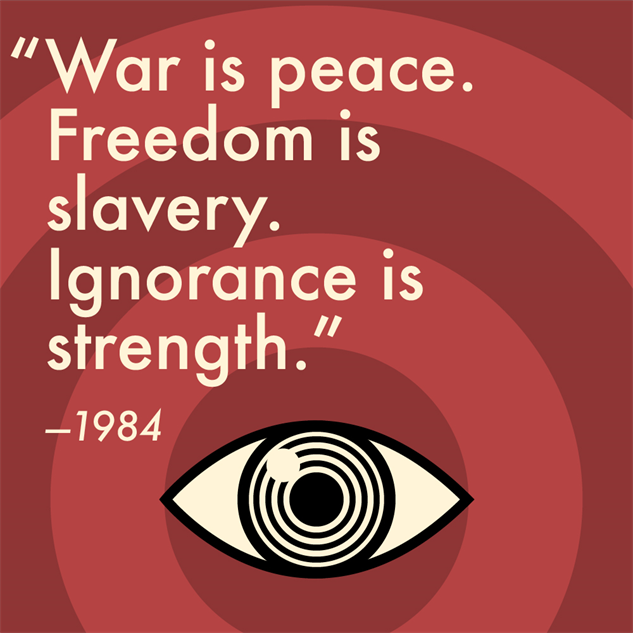Stress affects us all, and none escape its wear and tear.
ONE STRESSED OUT-SECRETARY told her boss: "When this rush is over, I'm going to have a nervous breakdown. I earned it, I deserve it, and nobody's going to take it from me."
The American Institute of Stress tells us that, job stress is very costly with the price tag for U.S. industry estimated at over $300 billion annually. Here are some additional facts compiled by The National Institute for Occupational Safety and Health:
40% of workers reported their job was very or extremely stressful;
25% view their jobs as the number one stressor in their lives;
Three fourths of employees believe that workers have more on-the-job stress than a generation ago;
29% of workers felt quite a bit or extremely stressed at work;
26 % of workers said they were "often or very often burned out or stressed by their work";
Job stress is more strongly associated with health complaints than financial or family problems.
Now keep in mind that these statistics are only dealing with work place stress, now add to that, marital stress, relational stress, financial stress, and, well, I think you get the picture, stress plays a big part in our lives.
The effects of stress on our bodies can be staggering. Migraine headaches, chronic fatigue, bruxism (gnashing of teeth), kidney disorders, hardening of the arteries, heart disease, ulcers and a list of other health maladies.
Stress also affects the way we think and feel. Stress is also associated with adjustment disorders, conduct disorders, (hostility, aggression, neurosis, and psychoses).
I don't think that too many people would disagree about the damaging affects of stress. But by now you have to be asking, "Yeah, I agree stress is bad, but is there any hope?"
Howard Taylor, in Hudson Taylor's Spiritual Secret, gives us good advice when it comes to stress:

"IT DOESN'T MATTER how great the pressure is. What really matters is where the pressure lies. whether it comes between me and God or whether it presses me nearer His heart."
Annie Johnson's beautiful hymn, Pressed out of measure, Pressured beyond all length also gives us some keen insight on how to handle the daily grind of stress, she writes:
Pressed out of measure, pressed beyond all length;
Pressed so intensely, seeming beyond strength;
Pressed in the body, pressed within the soul,
Pressed in the mind till darksome surges roll.
God is my hope and God is my joy;
He is the resurrection life I enjoy.
Pressure by foes, and pressure from our friends;
Pressure on pressure, till life nearly ends;
Pressed into knowing none to help but God,
Pressed into loving both the staff and rod
There is a poem by Wilfred Peterson that can also give us comfort and peace when the pressures and stresses of life get us worn down:
Slow me down Lord:

Slow me down, Lord!
Ease the pounding of my heart by the quieting of my mind.
Steady my hurried pace with a vision of the eternal reach of time.
Give me, amidst the confusion of my day, the calmness of the everlasting hills.
Break the tensions of my nerves and muscles with the music of the singing streams that live in my memory.
Help me to know the magic restoring power of sleep.
Teach me the art of taking minute vacations ... of slowing down to look at a flower, to chat with a friend, to pat a dog, to read a few lines from a good book.
Remind me each day of the fable of the Hare and the Tortoise that I may know that the race is not always to the swift; that there is more to life than increasing speed.
Let me look forward into the branches of the towering oak and know that it grew great and strong because it grew slowly and well.
Slow me down, Lord, and inspire me to send my roots deep into the soil of life's enduring values that I may grow toward the stars of my greater
destiny.

The cure for anxiety:
We are to bring our concerns to God in prayer.
We are to look to God as the only one that can truly help us in our time of need.
We are to look at pressure (anxiety) as a tool used by God to bring us to trust in Him.
We are to realize that God is bigger than all our problems.
Closing Thought: The Christian Life is to be lived for the Glory of God, allow God to use
the daily pressures and stresses to bring you into a deeper relationship with Himself.

"Casting all you care upon Him for he cares for you" (1 peter 5:7).



